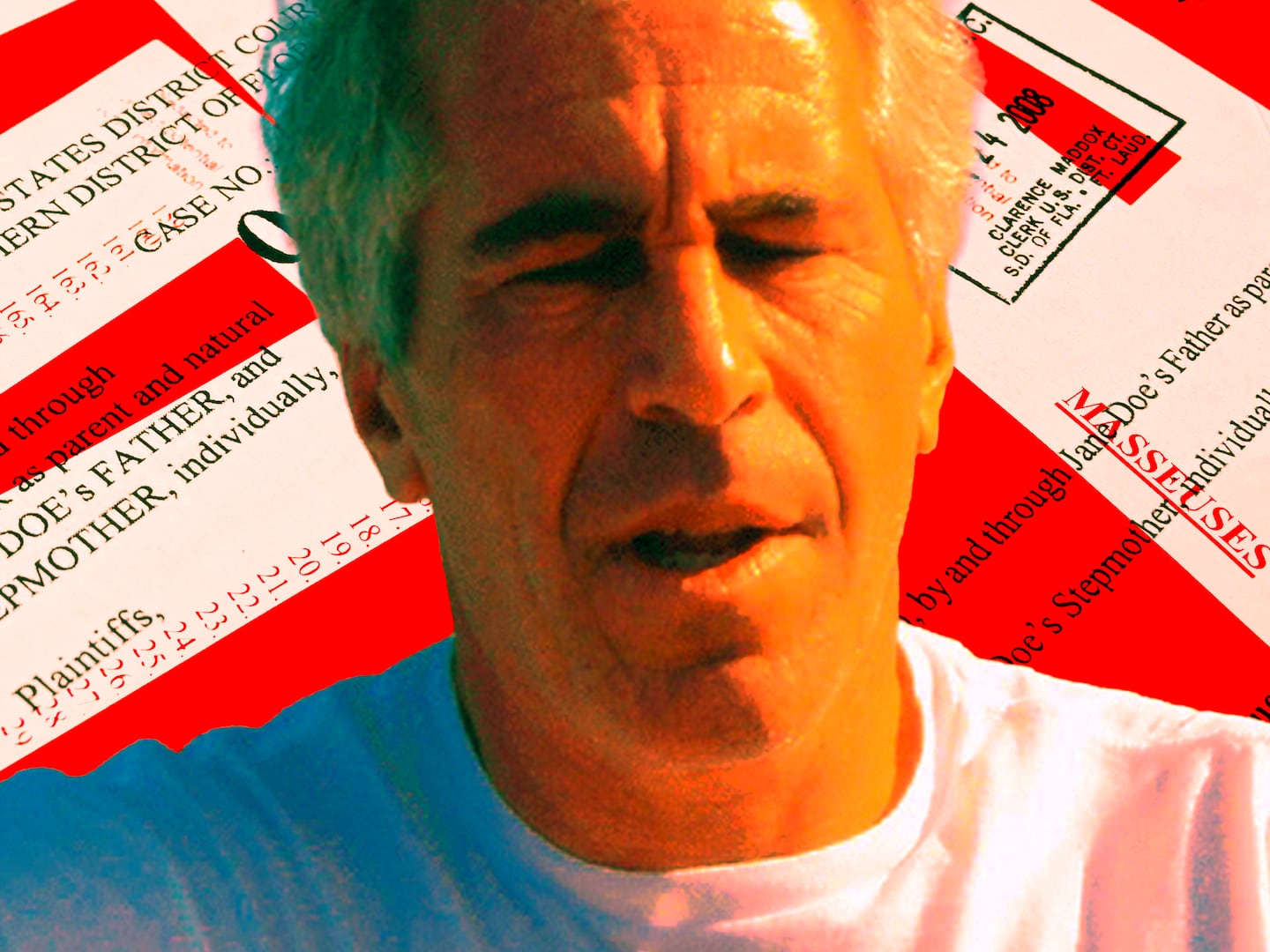The online hyperlocal news service, Ripple.co, could hardly have enjoyed a more auspicious launch—puff-piece publicity and an enviable collection of A-list investors who ploughed $4 million in startup funds into the fledgling enterprise.
But, in a Darwinian marketplace that moves at lightning speed and twitches to the whips and whims of social media, it took less than 24 hours for Ripple.co to hit a humiliating snag.
“In some ways, it was a genius idea,” said Jake Dobkin, the publisher of Gothamist, the popular collection of websites that cover local news, cuisine, culture, and events in New York and seven other cities. But, in the end, Dobkin added, “it’s exactly the kind of stupidity that you would see on [the satirically spot-on HBO sitcom] Silicon Valley.”
On Wednesday afternoon, Dobkin discovered that Ripple had raided Gothamist’s New York site alone of 270 stories, essentially posting a week’s worth of proprietary content as its own without permission or payment; Dobkin immediately began railing against Ripple in a relentless Twitter assault, and sending Ripple’s founder, an Egyptian-born Armenian tech entrepreneur named Razmig Hovaghimian, a “cease and desist” email.
“If they don’t respond to the email, they get the official version from my attorney the next day,” Dobkin told The Daily Beast, adding that in this case, he didn’t need to resort to lawyer-written threats.
“This isn’t innovation, @onripple—it’s just theft,” Dobkin tweeted. “I can’t believe you launched without talking to any of the local publishers you pirated.”
Likewise, Michael P. Ventura, managing editor of DNAinfo.com, another popular online local news service, protested Ripple’s rampant rip-off of his own material. Ventura, in any event, is apparently no novice at confronting such editorial larceny: His Twitter feed features a photo of Jason Robards playing Ben Bradlee in All The President’s Men, with the caption: “Any of you guys got scoops of your own or are we just ripping off DNAinfo again?”
The 40-year-old Hovaghimian—who late Wednesday phoned Dobkin to apologize and removed all the Gothamist content from Ripple.co—responded to The Daily Beast’s request for comment with a text message attributing the glitches to “no easy technical challenges,” and referred to his “open apology” on the Ripple.co site.“Today, a day after our launch, it is abundantly clear that I have let many of you down,” Hovaghimian wrote. “And some of you—like Jake Dobkin, publisher of Gothamist—let us have it. I really messed up, and I am truly sorry.”
That was a very different tune from the one that had played just before when the app went live on Tuesday, as the influential tech site Recode and the Medium spinoff Matter, which describes itself as “a multiplatform content studio and intellectual-property incubator,” celebrated Ripple’s birth in terms usually reserved for the greatest thing since sliced bread.
Hovaghimian had easily raised millions from an all-star team of venture capitalists that included Google’s Eric Schmidt, Vice Media’s Shane Smith, and even the folks behind Matter—which crowed in tech-speak: “We are proud to announce that Matter Ventures has made a fifth non-accelerator investment, in Ripple.co! The city-focused news platform powered by local journalists and storytellers has raised $4M in funding to tackle hyperlocal news discovery through a combination of location technology and a contributor community.”
Which prompted DNAinfo’s Ventura to tweet: “‘powered by’=’stolen from’???”
Burlesquing other passages in Matter’s hagiographical account, Ventura added: “And by ‘uncover and amplify’ you mean ‘copy and paste’” And: “Sorry, I meant ‘steal and pass off as your own.’”
Hovaghimian—who in 2013 sold his last creation, Viki, a global version of Hulu, to a Japanese corporation for a whopping $200 million—conceived Ripple with the same surefire business model that had worked so brilliantly at Viki: free labor and free content.
“Viki relied on free labor—a volunteer army of translators who helped caption their favorite shows in 100 different languages,” the Recode story reported. “Hovaghimian figures the same ethos will compel people to write about what’s happening down the street. Eventually, he says, he’ll be able to share revenue, likely from ads, with his top producers.”
Dopkin observed that in technology-focused Silicon Valley, content is usually a minor concern. Nor do the Valley’s digital gurus respect the blood, sweat, and tears frequently required to produce it, he said. “The content is just like one small ingredient in their stew—although in this case, it’s the main ingredient.”
Dobkin said he realized that Gothamist was being ripped off around noon Wednesday, after seeing a tweeted complaint of theft from a DNAInfo writer in Chicago, and wondered if the same thing had befallen his own site. It didn’t take long for him to discover that it had.
“We’d been burgled,” he said. “The annoying thing is we make a live feed available with thumbnails and 75-word excerpts to use, so it’s like I put out all this free food, and you come in and you don’t want the free food. Instead you break into my refrigerator and take everything.”
Dopkin compared Ripple.co to rampaging raccoons in a home invasion.
In due course, Dopkin said, Hovaghimian phoned to ask forgiveness—and Dobkin had the clear impression that Gothamist’s “cease and desist” demand was not the only trouble the tech entrepreneur was attempting to tamp down.
“I imagine he was having a very bad afternoon,” Dobkin said. “He said they made a mistake, that basically they had permission from a few publishers to ingest their feeds, and that the coding got messed up. Long story short, they ingested our full feed. I thought it was a pretty big mistake to make. He promised to remove the full feeds of anyone who hadn’t opted in” by giving explicit permission.
“Adding insult to injury, their formatting of our stories was all messed up,” Dobkin said. “So not only were they stealing, they weren’t even representing the content correctly.”
He added: “I think in San Francisco, they don’t really understand content that well. It takes a lot of work by a lot of journalists who take a lot of time to make it, and there’s no way to automatically produce it. But I can see why someone would not want to pay and accidently go down this path.”






